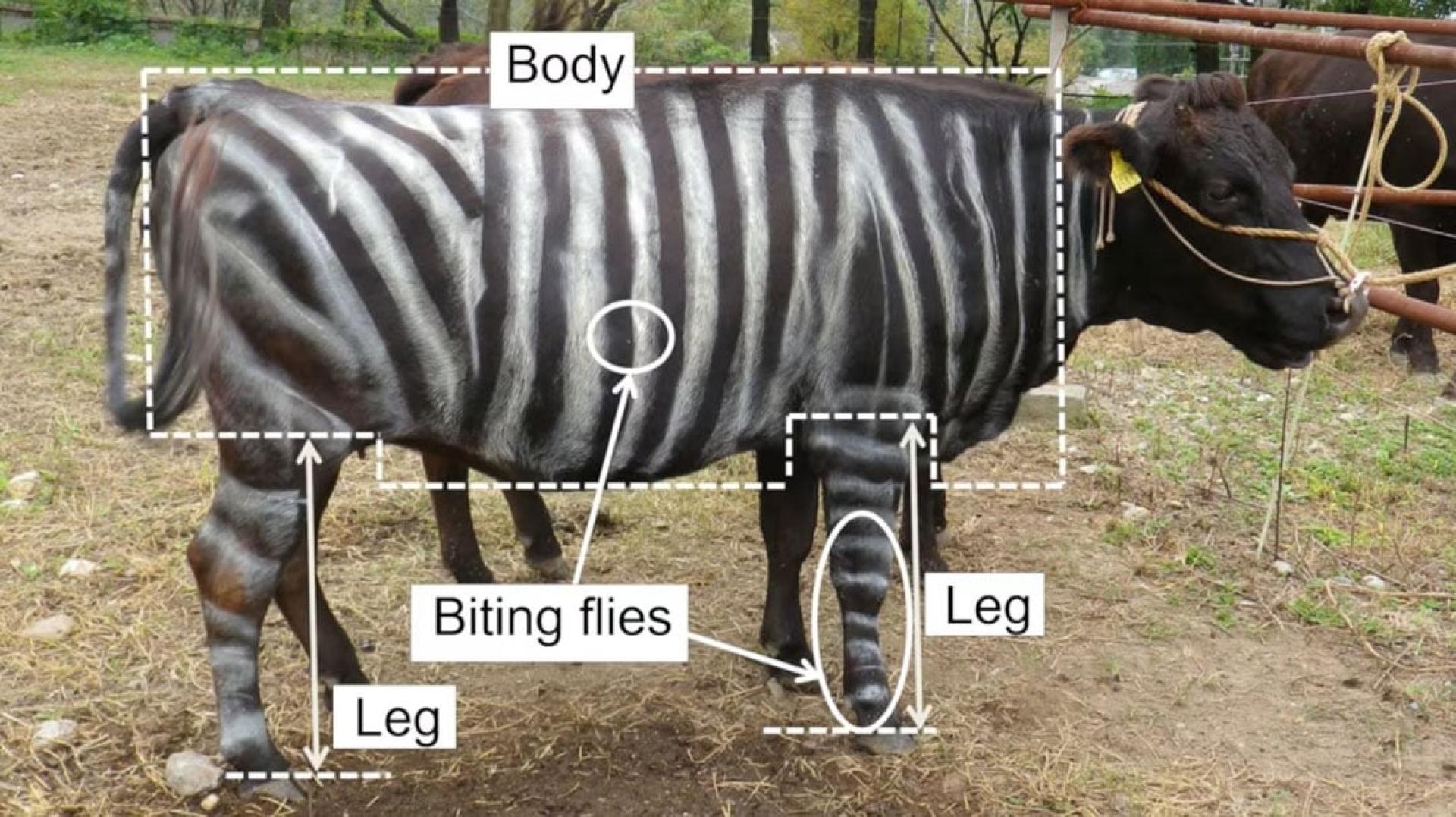The winners of this year’s Ig Nobel Prize were announced on the 18th. One research team was curious if painting cows with zebra-like stripes would help repel mosquitoes, while another study found that drinking alcohol can sometimes improve one’s ability to speak a foreign language.
The Ig Nobel Prize, sponsored by the journal Annals of Improbable Research, is usually held several weeks before the announcement of the actual Nobel Prize winners. This year marks the 35th edition of the award, with a total of 10 categories.
The Ig Nobel Prize is awarded each year to scientific research that first makes people laugh, then makes them think. This year’s prize was a hand-made model of a human stomach, accompanied by a pack of wet wipes as a souvenir.
This year’s theme was “Digestion,” and the awards ceremony was held at Boston University. Many winners who could not attend in person had their acceptance speeches read by actual Nobel laureates.
Winners included Japanese researcher Tomotaka Kojima, who led a team that placed tape on Japanese cattle and sprayed white stripes using water-based paint to simulate zebra patterns, winning the Biology Prize. Upon receiving the award, he said: “When I did this experiment, I hoped to win the Ig Nobel Prize. This is my dream. Unbelievable, really unbelievable!”
Their research showed that cows painted with zebra stripes attracted fewer mosquitoes and flies, and the cows seemed less bothered by biting insects. However, Kojima admitted that it might be difficult to implement this method on a large scale.
In the Nutrition Prize category, the winning research focused on “the favorite pizza flavors of rainbow iguanas,” discovering that the lizards preferred pizza topped with four kinds of cheese.
The 10 research topics awarded this year included:
(1) Does painting zebra stripes on cows reduce the number of times they are bitten by horn flies?
(2) Which pizza toppings do different species of lizards prefer?
(3) Recording and analyzing the growth of a single fingernail over a full 35 years.
(4) Studying the various effects when breastfeeding mothers eat garlic before feeding.
(5) What happens when you tell narcissists or others that they are smart.
(6) Attempting to eat Teflon (the coating of non-stick pans) to find out if it can increase food volume and satiety without adding extra calories.
(7) Verifying whether drinking alcohol can improve people’s ability to converse in a foreign language.
(8) How smelly shoes affect the user experience of shoe racks.
(9) Studying the effects of alcohol consumption on the flight and echolocation abilities of bats.
(10) Exploring the physics of pasta sauce.
